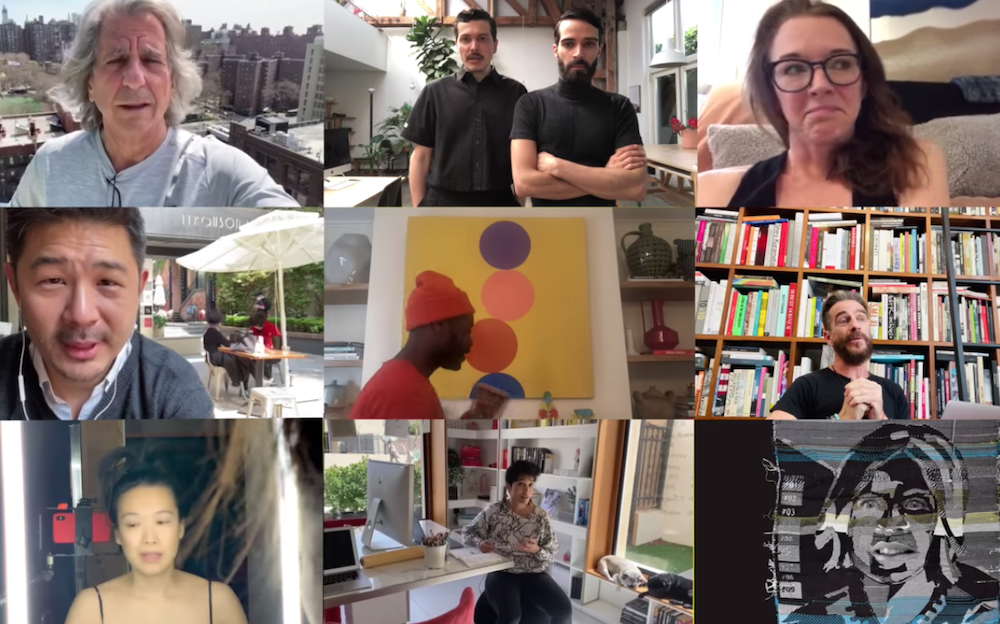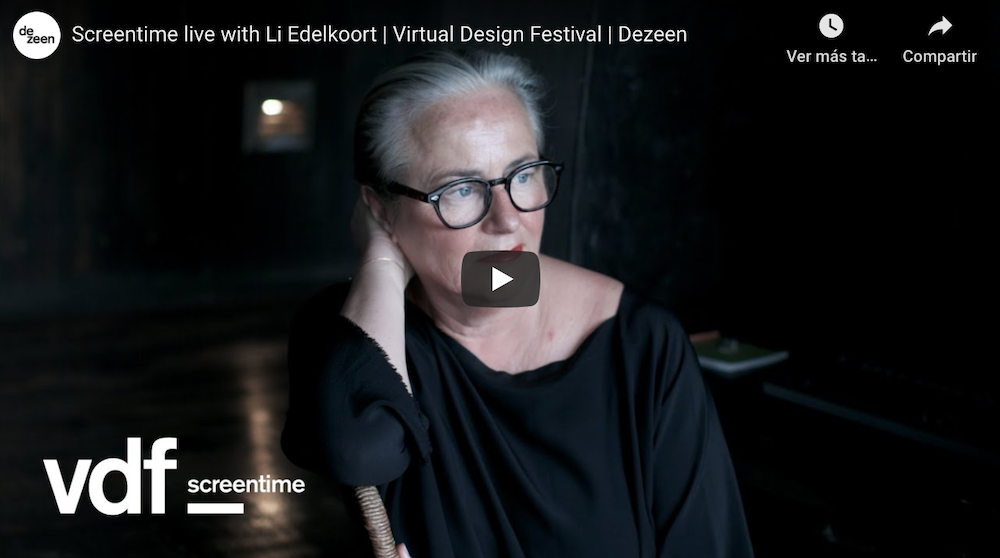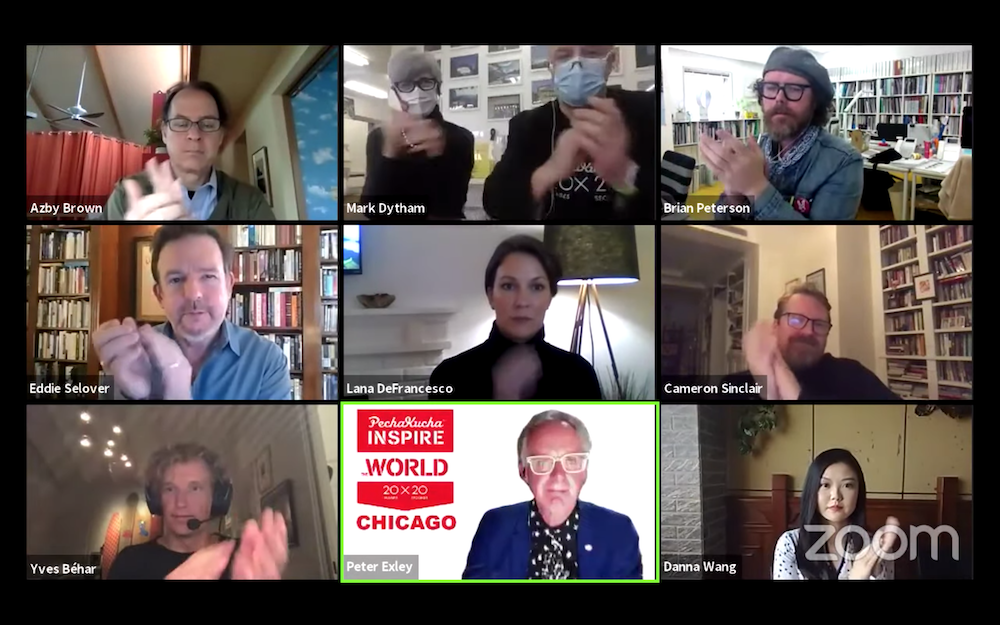Dezeen’s Virtual Design Festival kicks off
ho
An initiative to bring together product launches and design events on its platform during the global social distancing restrictions.

Yesterday, Dezeen inaugurated its proposal to keep the design industry active in this new order that Covid-19 has imposed globally. Given the impossibility of meeting in Milan – the quintessential design appointment – and so many other creative gatherings that will not take place in the coming months, Dezeen has decided to use its platform to bring together the design community around the world with a Virtual Design Festival (VDF). Its website has 3 million monthly visitors and its newsletter 170,000 subscribers, so it makes it a privileged space to launch products and initiatives that seek to expand its reach.
The Festival will continue until June 15 and its program is under construction. Yesterday an initial schedule was published and the first pills were released: an emotional video that gathers reflections from different design professionals and an interview with Li Edelkoort, researcher and trend forecaster in the fields of fashion and design. Edelkoort also announced her particular proposal before the “blank page for a new beginning” that this pandemic represents: a World Hope Forum.

In the interview with Marcus Fairs, founder of DeZeen, Edelkoort presents the World Hope Forum as an alternative to the World Economic Forum, focused on repositioning creativity at the service of the well-being of people and the planet and not for economic profit. The meeting, “under the leadership of the chosen ambassadors in the participating countries, will bring together speakers and case studies, good practices, retail reinventions and innovative ideas that will allow a renaissance.” These solutions and scenarios will meet in a global and possibly virtual forum once a year, where dynamic concepts and economic data will be analyzed and exchanged in an open-access form.
The proposal was followed by the publication of a manifesto, of which we share the introduction: “Under siege from the Covid-19 virus, many people have come to understand that they should change their behaviour patterns, no longer travelling too much, producing too much, consuming too much or using up too many resources. The comfort of being at and working from home, wasting time instead of money, has led people away from their addiction to material things and into a realm of sharing, caring and making. Making food, making music, making love and making clothes and crafts have become the centre of life; learning the improvisation skills that ignite a more creative culture. Most people don’t want to go back to the same old society, and long to change their lives forever.” The full manifesto can be read here and will be detailed in Voices, the annual platform organized by Imran Amed, founder of Business of Fashion.
VDF continued today broadcasting the first Virtual Global Pecha Kutxa where several speakers, such as Yves Behar and Cameron Sinclair, shared their short presentations online in the usual Pecha Kutxa format of 20 slides of 20 seconds each. Founders of the initiative Mark Dytham and Astrid Klein led the event from Tokyo, the city where it started.

The festival will continue tomorrow, Friday, April 17, broadcasting five talks from Vienna’s Forward Festival and Monday, April 20 with a documentary and talk related to the current exhibition of the Lisbon Museum of Art, Architecture and Technology (MAAT).
VDF also offers space to brands, organizations and students who are looking for an alternative space to present their products, events or final degree projects respectively.